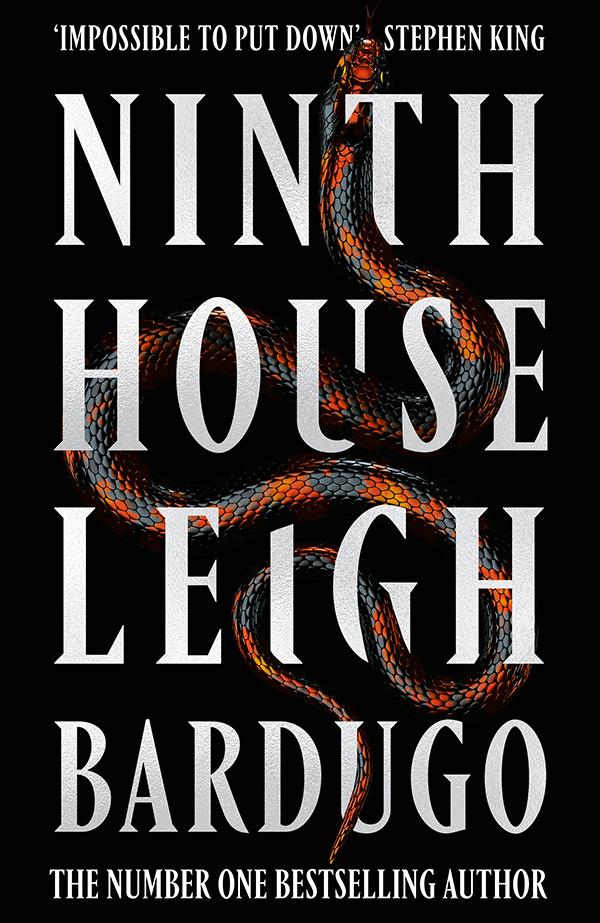As an ardent lover of both the dark academia genre and Leigh Bardugo’s work, I was terribly excited about the release of Ninth House. Dark academia, often considered to be pioneered by Donna Tartt’s The Secret History, is a genre centred on academic life and troped by murder, the elements of a tragedy, an intensely close friend group deeply entrenched in their area of study, and typically features LGBTQ+ characters.
In Ninth House, Bardugo explores power and privilege through a magical lens, while also delivering a gripping nexus of mysteries with horror elements. As Bardugo’s first adult novel, it ventures into dark territory in explicit detail, and fans of her young adult novels should be advised to consult the content warnings beforehand.
Ninth House centres around Galaxy “Alex” Stern, who has been granted a role she is unqualified for and a full-ride scholarship to Yale due to her unprecedented ability to see ghosts. She is the newest member of Lethe House, the ninth of Yale’s secret societies and the one tasked with monitoring the occult activities of the others, ensuring their rituals do not go awry. The novel opens, in typical dark academia fashion, with a jump forward in time that reveals to readers that things are going to end very poorly for the protagonist, and murder will almost certainly be involved.
The first few chapters of Ninth House leave one reeling, trying to adapt to the world Bardugo has built and the odd combination of withheld information and information dumping. If it weren’t for the cheatsheet at the end of the book to remind me who the secret societies were, I would’ve had a hard time following along. Remembering all the societies is especially difficult since each one’s focus and particular kind of magic often sounds nothing like their name would suggest — take “Skull & Bones,” for example, which actually has nothing to do with necromancy or bones, whereas “Book & Snake” does.
Much of the magic in the novel doesn’t have a clear enough system or limits: we know very little about how each society is able to do the things they do beyond the fact that their “tomb” must be built on a magical nexus and they require rituals to maintain their power. Rules or limitations will be laid out and then broken, and although our protagonist knows little about much of the magic in the world Bardugo has created, it feels as though we the readers have little hope of understanding it either.
That being said, when it comes to ghosts in the novel, the magic system they exist in is masterfully done. Bardugo makes it clear immediately what ghosts are doing here, what they want, and what they should be capable of, so that when the rules are broken we are swept into the same helpless horror as Alex. Bardugo manages to make such a well-explored subject of terror fresh and interesting.
Although there are few characters to latch onto, Bardugo does a good job making them compelling. At first, Alex and Darlington as characters seem overshadowed by their flaws, but as the story progresses, you begin to fall in love with them and desperately want them to overcome the tragic events their story has inescapably laid out for them. Alex’s development in the novel, and the fierceness with which she cares about others and getting justice for them, is stunning. However, I was disappointed that Bardugo, who was once criticized for including “unnecessary lesbianism” in her books, had no overt LGBTQ+ characters in this one.
The mysteries in Ninth House, though, are what make it worth the read: while there are almost too many to grapple with at the beginning of the novel, each is inextricably entwined with another in an example of Bardugo’s masterful plotting. Each new clue to one mystery has ripple effects in others, sucking readers into the tangled murders and secret societies populating New Haven. The climax is rife with plot twists that were so subtly set up that I certainly didn’t see them coming. The novel’s denouement managed to cleverly answer even the sneakiest of the story’s remaining mysteries.


